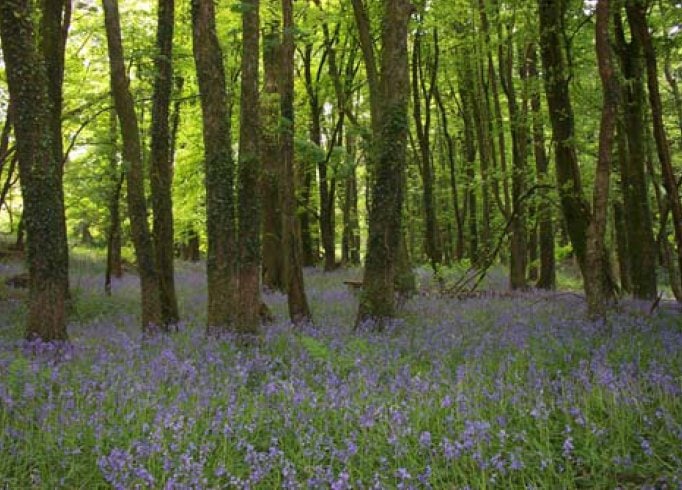Some investors have twigged that branching out into woodlands can deliver some great returns.
If you have ever driven around the countryside and wondered why so many signs advertise woodlands for sale, the answer is yields on woodlands are among the highest of all asset classes and they come with some excellent tax breaks.
During the past 10 years, investors have seen their little acorns grow into 19% returns, compared with 7% for shares and 6% for gilts and commercial property, according to the IPD UK Forestry Index.
For ethical investors, woodlands have several benefits:
- Timber is a renewable crop that produces a regular income
- Land prices have steadily increased in recent years
- Woodland has other sporting and leisure uses
Owning woodlands
The Forestry Commission is the largest public owner of woodland.
The commission was formed after the Second World War with the mission of making sure Britain always had a steady supply of timber for war time after coming close to running out in the battle against Hitler.
Today, industry and the war effort are not so dependent on timber that was widely used as pit props in coal mines and for building aircraft in the past.
The public owner with the most woodland is the Church of England.
Owning woodland not only comes with the enjoyment of holding the land, but some extra risks and generous tax breaks.
Running a small acreage as a commercial enterprise is difficult because of the growth cycle of timber. These smaller plots also have some running costs –
- Owners need public liability cover to insure against claims for injury or death from visitors to the site. Insurance also has to cover storm and fire damage.
- Maintenance costs run to around £25 a hectare a year for drainage, thinning and clearing
Tax incentives and investing
The government also offers woodland owners some tax incentives:
- Any profits from the sale of timber growing on the land are tax free
- Any gains on the value of the woodland are exempt from capital gains tax
- If the land is operated as a commercial timber business, after two years of ownership, business property relief applies which drops inheritance tax to zero.
Investing in woodlands is along similar lines to putting cash in other property:
- Direct investment – owning and running the woodlands personally
- Investment funds: Minimum investments can be lofty – from £40,000. The two main funds are FIM and Stellar Asset Management. Both are unregulated and outside the Financial Services Compensation Scheme.
